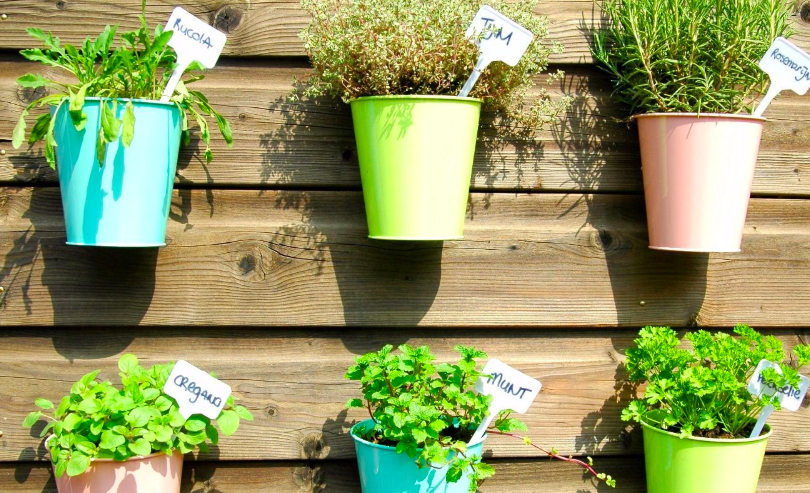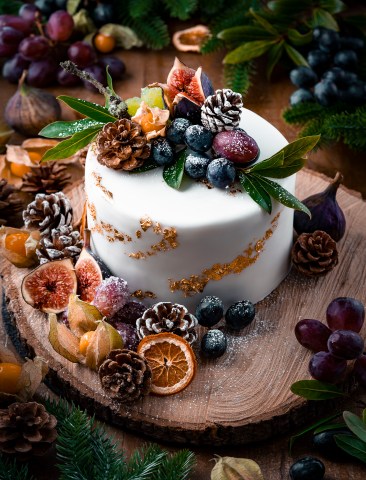What Are the Best Herbs to Grow at Home?

What herbs can I grow?
There are two main categories herbs fall under, which are explained below:
1) Robust herbs These last all year round, even when cold. In other words – these are the tough guys! They work well in casseroles, roasts and stews or other recipes that need a long, slow cooking time. What are they? Bay, celery leaf, chervil, garlic, horseradish, hyssop, lavender, myrtle, oregano, parsley, rosemary, sage, thyme and winter savory are all examples of robust herbs.
2) Delicate herbs These require little or no cooking and are best used when added to a dish near the end of its cooking time, as their leaves are so delicate and do not work well in heat. The delicate herbs are split into further groups, which are all listed below:
i) Annual herbs These germinate, grow and set seed all in one year. What are they? Dill is an example of an annual herb.
ii) Biennial herbs These theoretically can last for two years. They germinate and grow in the first year, and then flower and set seed in the second. What are they? Parsley is an example of a biennial herb.
iii) Non-evergreen and tropical perennials What are they? Mint, tarragon and lemon grass are all examples of non-evergreen and tropical perennials. Are there any others? Basil, bergamont, borage, chives, coriander, fennel, lemon balm, lemon verbena, lovage, summer savory, sweet cicely, and sweet marjoram – to name a few!
Why grow my own herbs?
1) Herbs are essential to any dish when flavour needs adding and let’s be honest, who likes bland food?
2) Not only that, but as you’re the one who is planting and growing them, you can control what goes into them and what does not – i.e chemicals.
3) If you’re on a budget, growing herbs is also great for the pennies, as gram for gram, homegrown herbs are much cheaper than a shop-bought equivalent.
4) There’s something very satisfying and rewarding about planting a seed and seeing it grow under your care.
5) The beautiful smell they produce is simply divine!
How to grow your own herbs
There are many different ways you can do this from containers, to cuttings and seeds. Once you have learnt how to maintain all the plants, the results will be totally worth it and you’ll never look back. As well as using herbs to flavour dishes, you can also use your homegrown produce for oils, vinegars, butters, sugars and jellies. Simple, easy to do and cost effective – what’s not to love?
For more information about growing your own herbs read: 30 Herbs for Your Kitchen Garden: A seasonal guide to growing and cooking with herbs (£7.99, Robinson) by Maureen Little.







